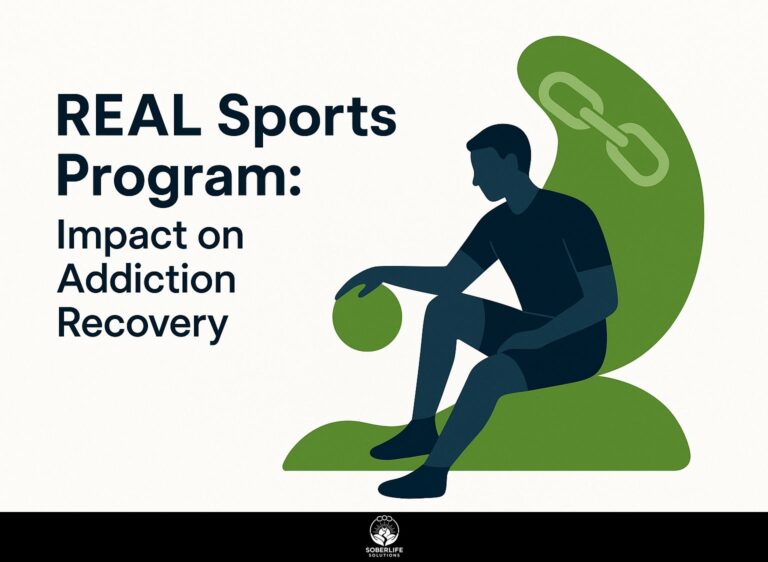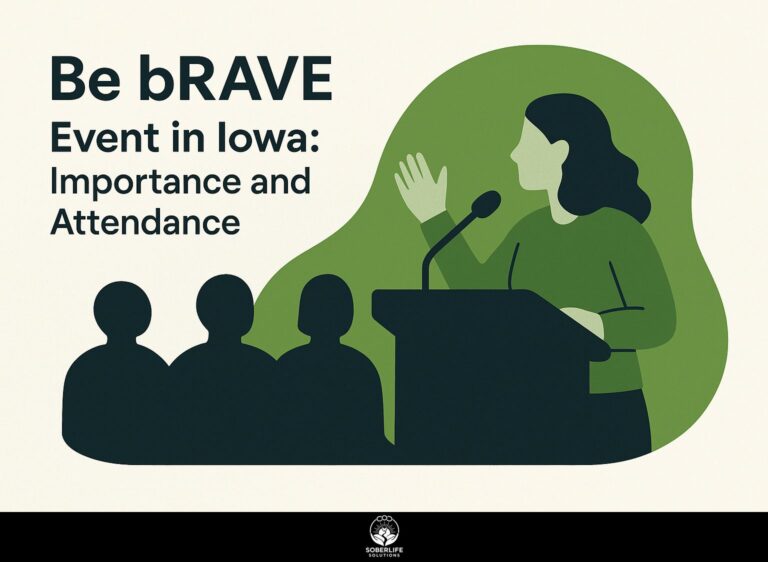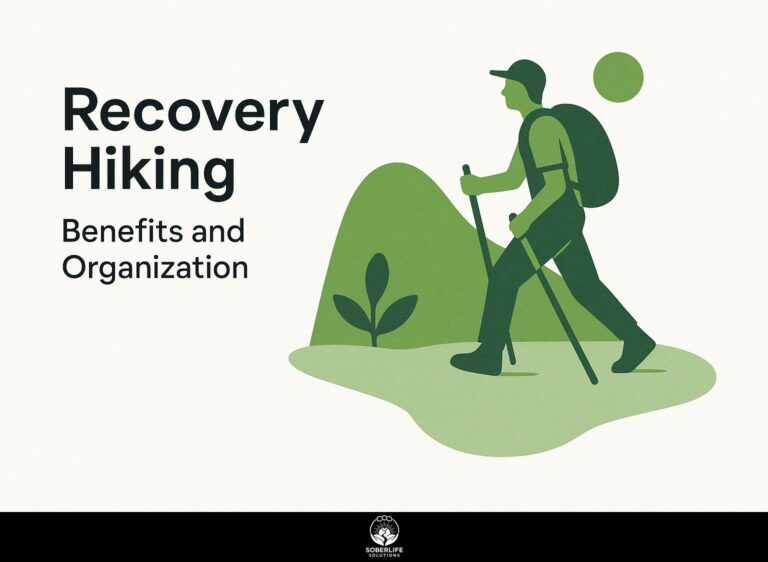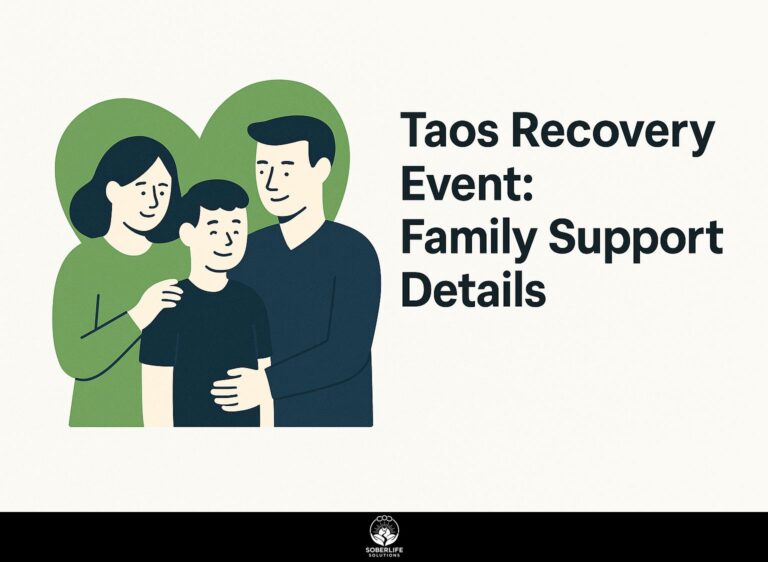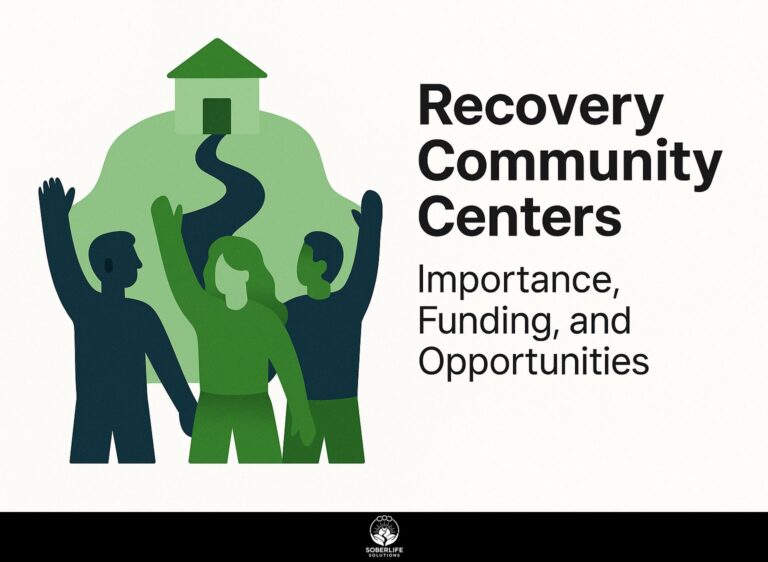Recovery Journaling and Blogging: Benefits and How to Start
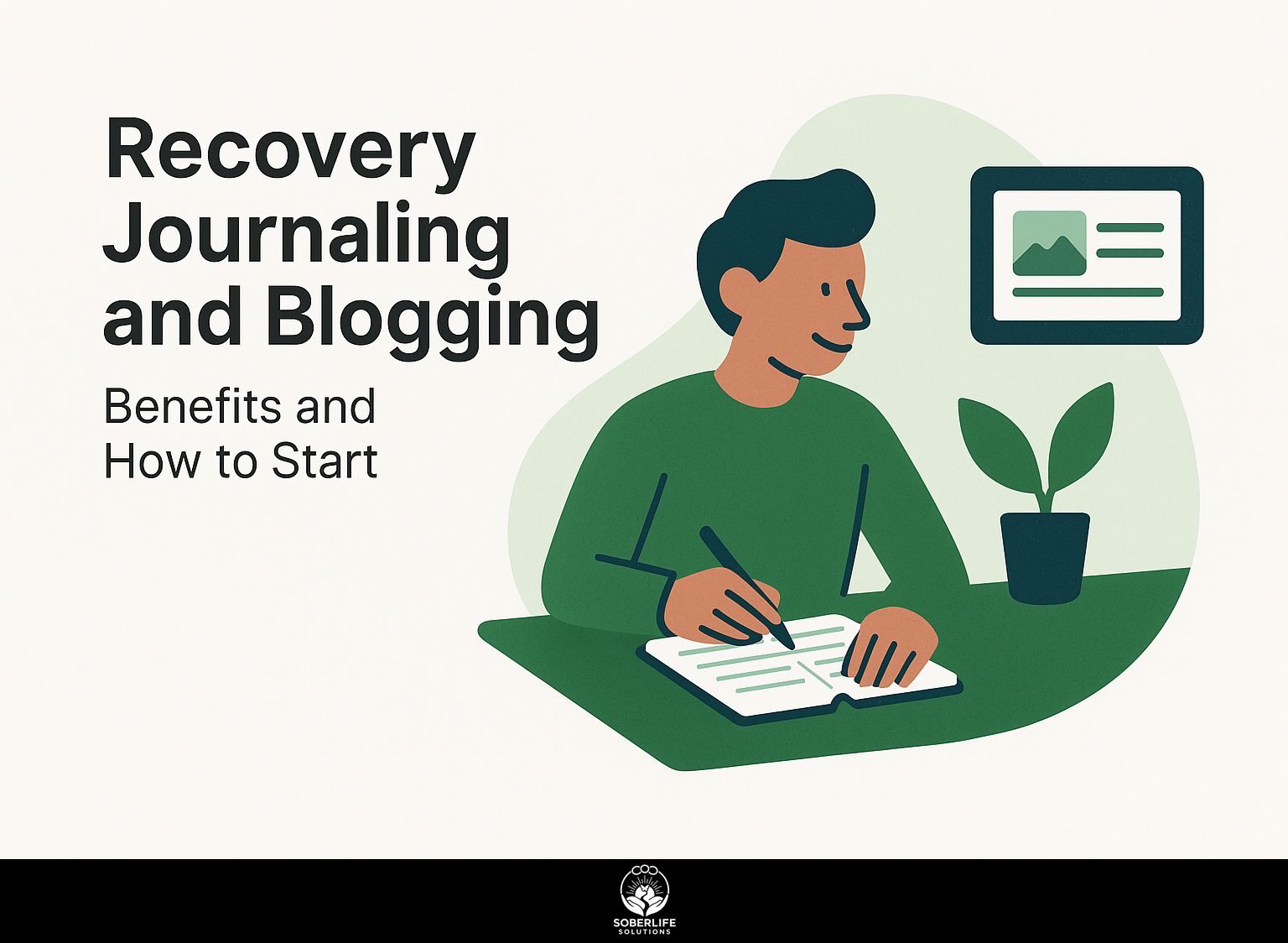
Struggling with addiction recovery? Writing in a journal can help you let go of emotions and improve personal development. At Granite Mountain Behavioral Healthcare, we understand the power of writing in cultivating self-discipline. In this article, we’ll discuss the many advantages of recovery journaling and blogging, and give practical advice on how to begin. Learn how these practices can improve your recovery process and help you meet others going through the same experience.
Key Takeaways:
Benefits of Recovery Journaling
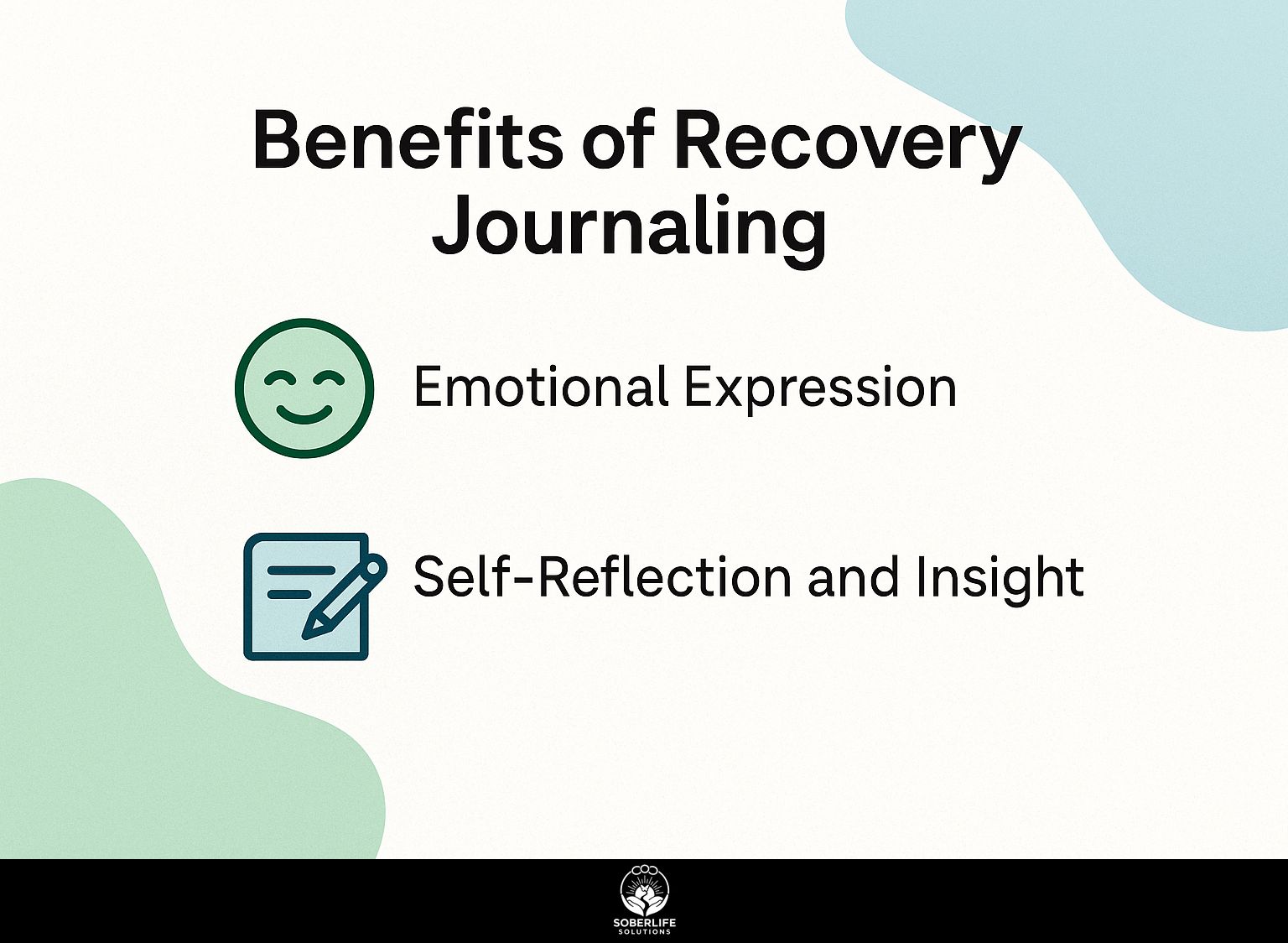
Recovery journaling provides many benefits, improving emotional expression and self-reflection, which are important during the healing process. Related insight: Guide to Keeping a Recovery Journal – Sober Life Solutions
Emotional Expression
Journaling acts as a powerful tool for emotional expression, allowing individuals to articulate feelings associated with addiction and recovery.
By capturing thoughts on paper, individuals can confront and process pent-up emotions.
To facilitate this, try prompts like:
- ‘Write about a time when you felt most vulnerable’
- ‘Describe a moment that challenged your recovery.’
These prompts make you think carefully and help spot patterns in how we emotionally react. Doing these exercises often helps you understand yourself better and build emotional strength. Journaling becomes more than just a way to express creativity; it’s an important part of healing.
Self-Reflection and Insight
Keeping a regular journal can greatly improve self-awareness, helping you understand your actions and what causes them.
A useful method is the Intensive Journal Method by Dr. Ira Progoff. As described in his book “At a Journal Workshop” available on Amazon, this technique involves using organized prompts to track feelings and identify certain triggers.
Begin by dedicating a quiet space for journaling, then set aside time each week to reflect on your feelings and experiences. Use categories such as ‘Daily Thoughts,’ ‘Challenges,’ and ‘Wins’ to guide your writing.
By reviewing these entries regularly, you can find patterns and better understand your feelings, helping you to improve personally.
Benefits of Blogging in Recovery
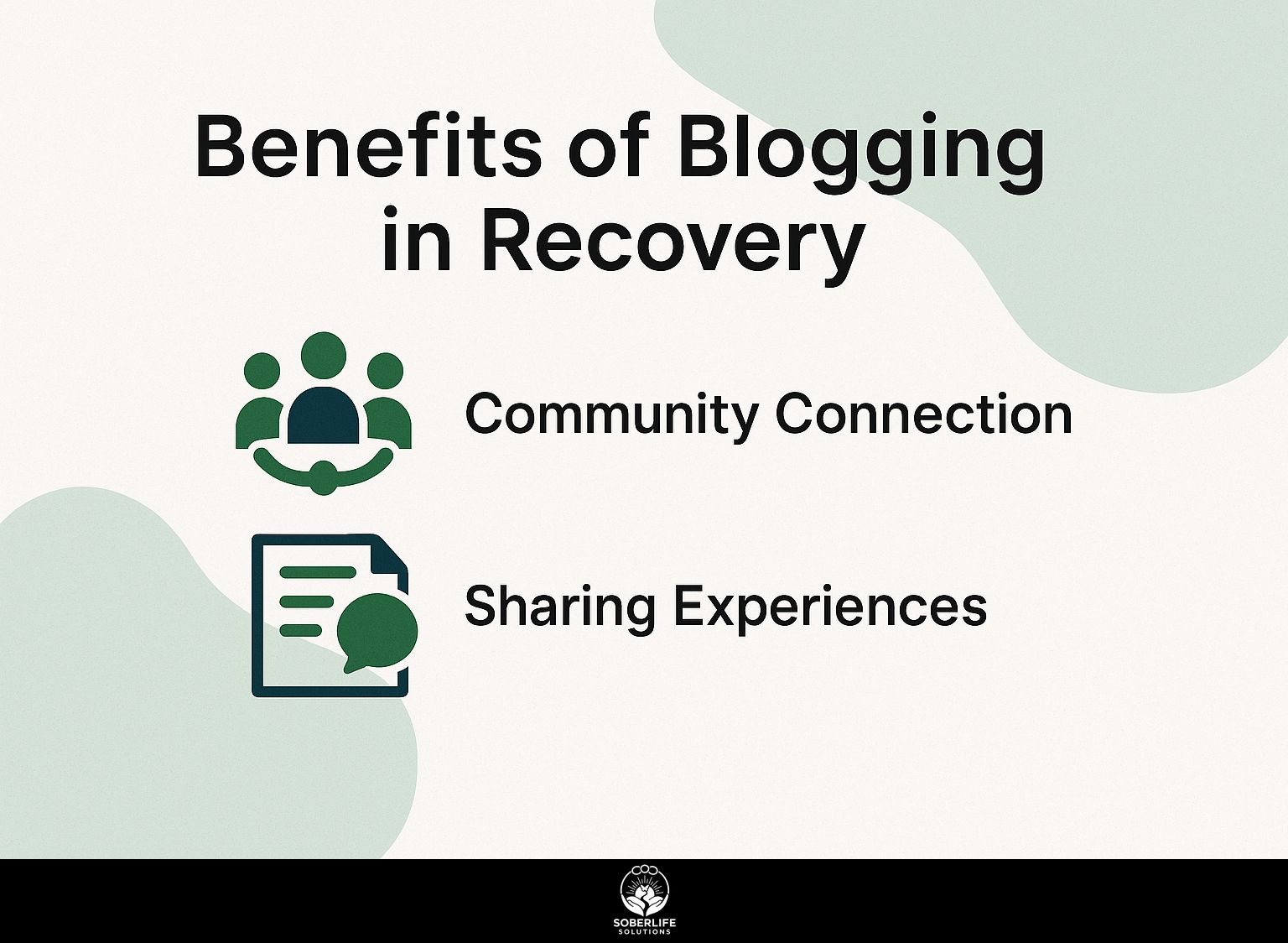
Writing a blog during recovery helps people find support by sharing their experiences and feeling part of a community. This approach aligns with the principles outlined in our analysis of recovery communities and how they enhance engagement and support.
Community Connection
By sharing thoughts and stories through blogging, people can create a strong support network that is important for successful recovery.
Websites like WordPress and Medium let people share their stories and meet others with similar interests. Engaging in these communities can lead to improved mental health outcomes; research indicates that 73% of participants in online support groups report feeling less isolated, as highlighted by the Mayo Clinic.
Utilizing tools like Google Analytics can help track audience engagement, while social media integration expands your reach. Regularly sharing thoughtful content promotes engagement and builds stronger bonds, improving the entire recovery process.
Sharing Experiences
Writing blogs about personal experiences can be healing for the writer and encourage others who are going through similar recovery processes.
To write interesting blog posts, begin by organizing your story around a main idea or a lesson you learned. Utilizing storytelling techniques, such as vivid imagery and emotional highs and lows, can deepen connections with your readers.
For example, consider telling personal stories that illustrate the problems you encountered and the solutions you discovered, making your experience relatable. Blogs like `The Recovery Letters’ show this method by welcoming readers into individual stories that connect deeply.
Tools like Grammarly can improve your writing, making your posts clear and interesting.
How to Start Recovery Journaling
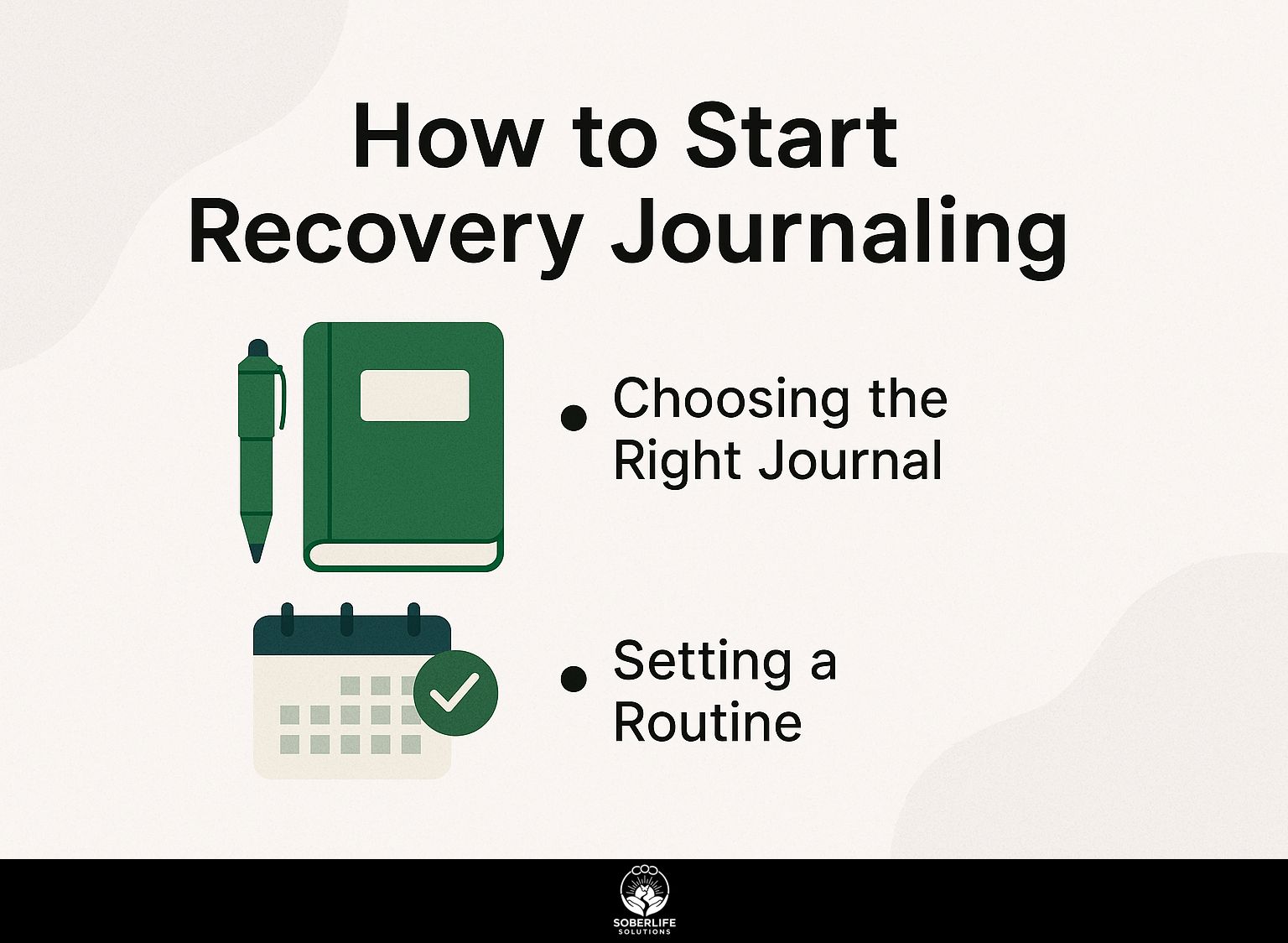
To begin a recovery journaling practice, choose a notebook carefully and set a regular schedule to encourage self-improvement. For an extensive analysis of this practice, our comprehensive guide to keeping a recovery journal provides detailed insights and tips.
Choosing the Right Journal
Choosing the right kind of journal is important to get the most out of recovery journaling. You might consider options like gratitude journals or reflection journals.
-
Writing in a gratitude journal every day helps you focus on the positive aspects of your life.
-
Writing in a reflection journal helps you understand your feelings and experiences better, which is important for personal healing.
-
A goal journal helps you set and track specific objectives, providing motivation and clarity.
To get the most out of journaling, use both a gratitude journal and a goal journal; this mix can help you maintain emotional stability while staying focused on recovery goals. Psychology Today discusses various journaling techniques that can enhance mental health, offering practical insights into how journaling can support emotional well-being. This recommended reading can be found here.
Setting a Routine
Establishing a dedicated journaling routine is essential for consistency and effectiveness in capturing thoughts and emotions during recovery.
Start by choosing a specific time each day to write, such as first thing in the morning or right before bed. To make this easier, set a daily reminder on your phone for 10-15 minutes.
Think about asking yourself questions to guide your writing, like ‘What am I thankful for today?’ or ‘What problems did I face and how did I fix them?’ Apps like Day One or Journey can help you organize your entries neatly and make them easy to find.
This method helps you gradually learn more about your emotions.
How to Start a Recovery Blog
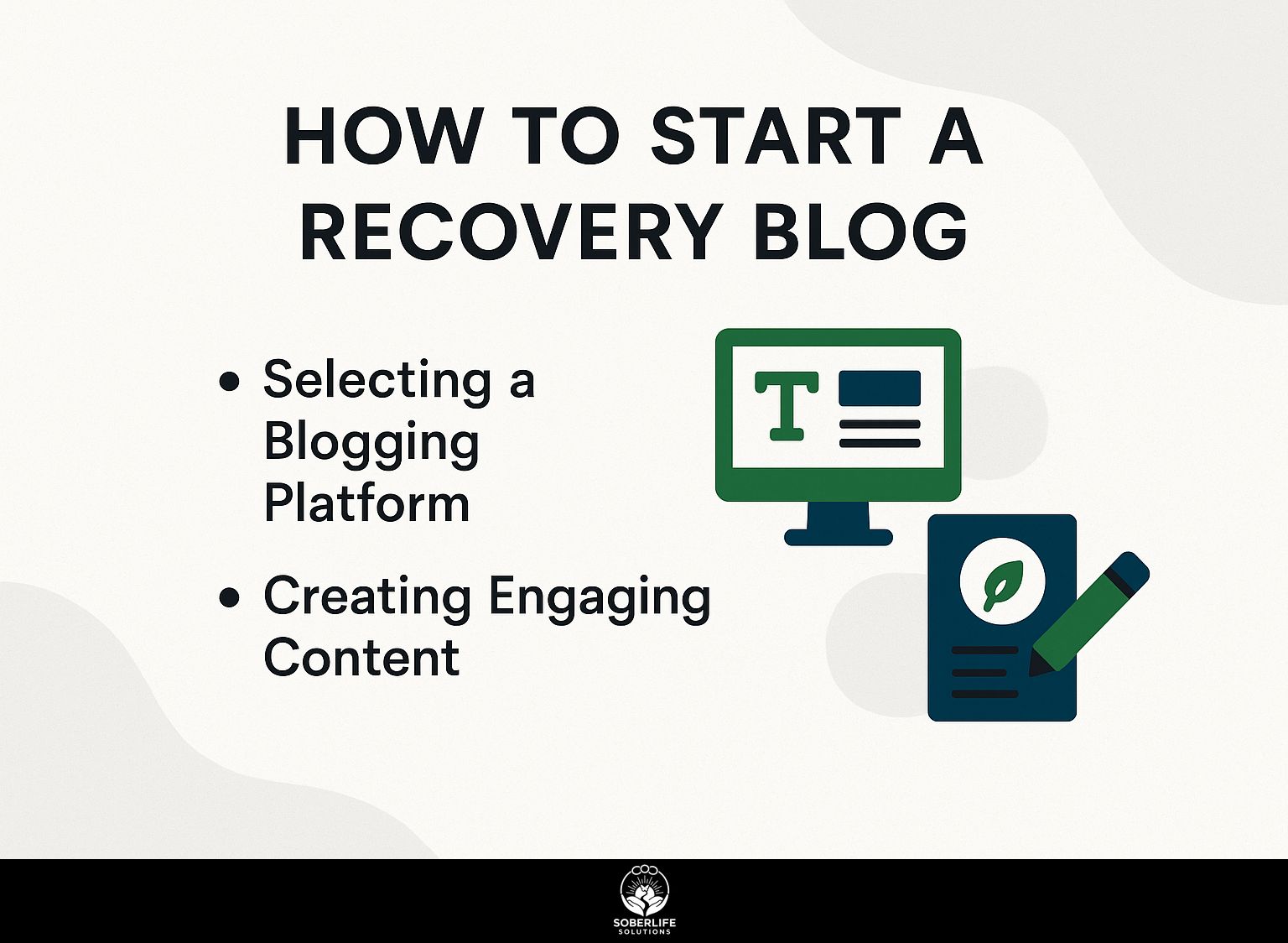
Creating a recovery blog involves choosing the right platform and writing content that resonates with your readers. For those interested in enhancing their blogging experience, it’s beneficial to have access to a variety of recovery resources & support articles that can provide inspiration and insight.
Selecting a Blogging Platform
Choosing the right blogging platform, such as WordPress or Medium, can significantly impact your content’s reach and engagement.
WordPress offers a wide range of plugins to add features, making it a great option for anyone looking to build a unique brand. Alternatively, Medium’s built-in audience and sleek design provide an easier start for writers focusing on storytelling without the distractions of design.
To set up WordPress quickly, pick a reliable host like Bluehost, install WordPress with one click, and browse themes that match your style. This setup should take less than an hour, allowing you to focus on creating content.
Creating Engaging Content
Writing interesting blog posts requires planning that blends storytelling with useful information about recovery and mental health.
One effective method is to weave personal anecdotes into your posts, which can create a deeper connection with readers. Talking about your experiences with mental health can be genuine and motivate others.
Incorporating interactive elements like polls or quizzes helps engage your audience, allowing them to reflect on their experiences. Staying true to your personal style is important; write as if you’re talking, using simple words that connect with people emotionally.
Remember, the goal is to build a feeling of togetherness with content people can connect with.
Maintaining Privacy and Safety
Ensuring privacy and safety while journaling or blogging is paramount, particularly when sharing sensitive recovery experiences online.
To protect your privacy, use a fake name that doesn’t reveal who you really are. Always avoid sharing personal details such as your full name, address, or identifiable photographs.
Use the privacy settings on platforms like WordPress and Medium to decide who can view your articles. Regular use of a VPN can help mask your IP address, further protecting your location and identity. For a deeper understanding of how your information is safeguarded, consider reviewing our comprehensive Privacy Policy.
Regularly review your social media settings, ensuring that your blogging content remains divorced from your personal profiles.
Frequently Asked Questions
What is recovery journaling and blogging?
Writing a recovery journal or blog means sharing your personal experiences as you work to overcome addiction, mental illness, or other problems. It can be in the form of a private journal or a public blog.
What are the benefits of recovery journaling and blogging?
Writing a recovery journal or blog has many benefits, such as: offering a safe space to express feelings, encouraging self-reflection and personal growth, creating a supportive community, and motivating others in their own recovery.
How can I start recovery journaling and blogging?
To start recovery journaling and blogging, you can begin by setting up a private journal or creating a public blog on a platform like WordPress or Tumblr. You can write about your experiences, thoughts, and learnings as you work towards getting better. It can also be helpful to join online communities or support groups for additional inspiration and accountability.
Do I have to be a good writer to start a recovery journal or blog?
No, you do not need to be a professional writer to start a recovery journal or blog. The most important thing is to be honest and genuine in your writing. Remember, it is for your own benefit and not for anyone else’s approval. If you’re unsure of what to write about, using prompts or guided questions can help you get started.
Is it necessary to share personal details in my recovery journal or blog?
The level of personal details you share in your recovery journal or blog is entirely up to you. You can choose to keep it private or share it with a wider audience. It’s important to consider your own comfort level and boundaries when deciding how much to share. Some people think it’s useful to share everything openly, while others like to keep parts of their experiences to themselves.
Can recovery journaling and blogging be a form of therapy?
While it is not a replacement for professional therapy, recovery journaling and blogging can be a helpful form of self-care and self-expression. It helps you think about your feelings, understand what you’ve been through, and share with others who might have gone through the same things. However, if you are dealing with a mental illness or addiction, it’s important to get professional help in addition to journaling and blogging.

